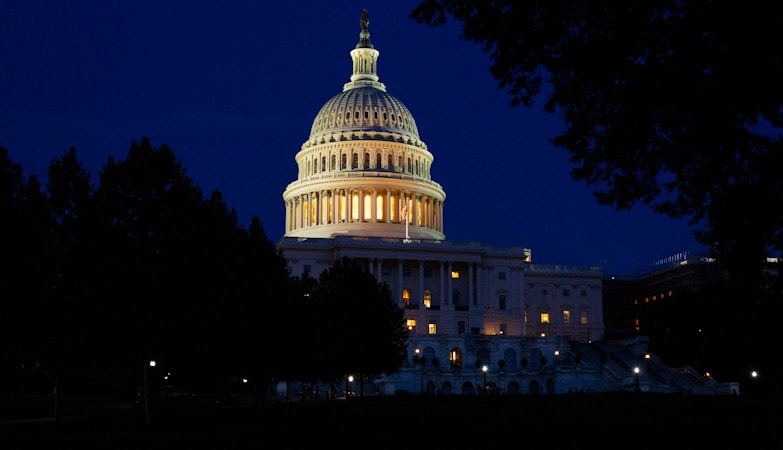In the not-so-distant past, the world experienced what some might call an apocalyptic threat. An existential crisis loomed over civilization, with planetary destruction seemingly imminent. The culprit? Plastic straws. Yes, you read that right. Plastic straws had become the face of an impending catastrophe that gripped the collective consciousness of humanity. It was a moment of absurdity and irrationality that unfolded in response to images of sea creatures in distress. But the story doesn’t end there.

Plastic straws a real threat
Moreover, the images of “Strawmageddon,” as it was aptly dubbed, showcased sea turtles with plastic straws lodged in their noses, beluga whales with straws in their eyes, great white sharks with straws in their gills, and even an entire family of bottlenose dolphins reportedly killed by a single straw. The media narrative focused on the villainous straw rather than the potential clumsiness of the marine creatures involved.
Suddenly, plastic straws were villainized. We were told they were responsible for environmental devastation and urged to banish them from our lives. The media’s frenzy wasn’t just a response to actual data but rather a largely unverified report from a nine-year-old boy who had taken it upon himself to call straw manufacturers and extrapolate a staggering figure of 500 million plastic straws used daily in the United States alone. This figure was presented without scrutiny or critical assessment, and the public was meant to accept it as gospel truth.
Anti-plastic straw movement gained traction
This young boy’s newfound authority on plastic straws, along with the support of other child activists, prompted cities, states, and even restaurant chains to embrace the anti-plastic straw movement. Enter the era of paper straws. The switch from plastic to paper straws was made with the noble intention of saving the planet, as we were led to believe that paper straws were more eco-friendly.
However, this well-intentioned switch soon revealed its dark side. Recent studies have shown that paper straws, the supposed eco-friendly alternative, may not be as benign as we were led to believe. Research conducted by Belgian scientists found that many paper straws, designed to be the saviors of our oceans, contained potentially toxic chemicals known as poly and perfluoral compounds (PFAs). These chemicals are associated with numerous health issues, including lowered vaccine responses, lower birth weights, thyroid disease, increased cholesterol levels, and even various cancers.
Moreover, the revelation casts a grim shadow over the entire paper straw movement. The very straws we thought were saving the environment might be slowly introducing harmful substances into our bodies. What’s worse, the supposed rationale for the paper straw shift—saving marine life from plastic ingestion—turns out to be based on faulty data and a lack of context.

Plastic pollution is a real concern
While plastic pollution in the oceans is a real concern, it’s worth noting that a majority of this pollution comes from third-world countries, not the Western nations that rushed to ban plastic straws. The contribution of plastic straws to the overall plastic pollution problem is minuscule in comparison. In fact, banning plastic straws in Western countries would have an almost negligible impact on the issue.
The paper straw saga serves as a cautionary tale about the dangers of adopting sweeping changes based on emotional narratives and unchecked information. It also highlights the alarming trend of allowing well-intentioned activism to override scientific rigor and practicality. It’s crucial to remember that while protecting the environment is essential, knee-jerk reactions and virtue signaling may lead us down unintended paths with unforeseen consequences.
So, next time you’re handed a paper straw with your drink, remember the story of the plastic straw panic. It’s a reminder that good intentions aren’t enough; we must critically examine the information we’re presented with and ensure that our efforts to save the planet don’t inadvertently harm ourselves in the process.
If you enjoy our writing, please consider leaving a small donation. Your support helps keep the lights on and allows us to hire more writers and grow our site.



















